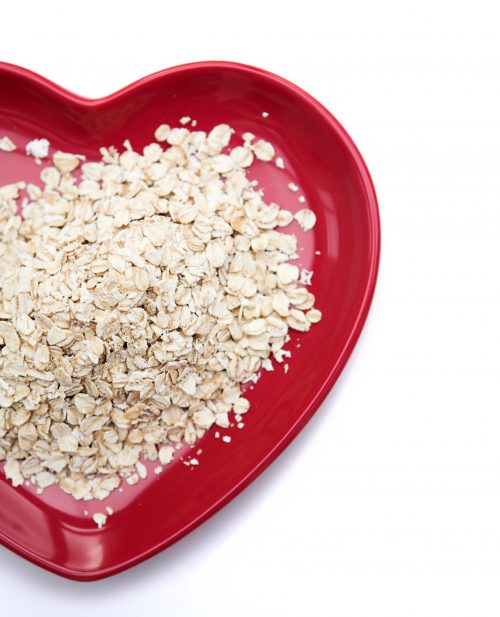
We answer common questions about the sometimes misunderstood science of cholesterol
Cholesterol was first identified in the late 1700s. The importance of understanding what it does, and how, has resulted in four Nobel Prizes over the last 50 years.
But if some is good, more is not necessarily better. We are now suffering the consequences of excess, so how can we ensure cholesterol remains our friend and not foe?
What is cholesterol? Where is it in my body?
Cholesterol is found in every part of the body, but that’s good. Each body cell has its own ‘skin’, allowing substances in and out.
Cholesterol is one of the gatekeepers within this ‘skin’, essential for survival. It also helps us use fat, as well as certain vitamins, and is involved in producing several hormones.
We make most of the body’s cholesterol ourselves, especially in the liver. A 70kg person will contain around 35g of cholesterol at any one time, constantly replacing about 1g a day.
What do you mean, ‘good’ and ‘bad’ cholesterol?
These are the popular terms given to two of the carriers of cholesterol; they are not actually cholesterol at all.
‘Good’ cholesterol, or HDL (high density lipoprotein), carries any excess cholesterol away from the blood to the liver, from where it is removed from the body.
‘Bad’ cholesterol, or LDL (low density lipoprotein), takes cholesterol from the liver and deposits it in our arteries.
A large enough build-up can restrict blood flow, and even cause a complete blockage. When this happens in the heart, it results in a heart attack; if it happens in the brain, it causes a stroke.
I’ve been told my cholesterol is high at 6.5. What does that mean? What is normal? Should I be worried?
A ‘normal’ total blood cholesterol level is recommended to be below 4mmol/L. The levels of your ‘good’ and ‘bad’ cholesterol may also have been tested, as you can have a normal cholesterol level but too much of one or the other.
Ideally ‘good’ cholesterol (HDL) will be over 1mmol/L; ‘bad’ cholesterol (LDL) below 2.0mmol/L.
Don’t worry about having over twice as much bad as good, this is normal. In fact, don’t worry too much about the levels; your doctor will help you work them out.
As stress can increase your cholesterol level, you are better concentrating on the changes you can make to your lifestyle.
How often do I need to have my cholesterol checked?
Your blood cholesterol level takes time to change, so it is unlikely you will have your blood re-checked more than every three months, and only then if it remains high. This is very different to blood sugar levels, which go up and down several times a day.
Can I only reduce my cholesterol by changing the food I eat?
Along with eating well, you can reduce your cholesterol level by being active, not being overweight, not smoking, and controlling the stress in your life. But don’t try and change all these at once, as you’re likely to end up extremely stressed! If you need to prioritise and aren’t sure where to start, smoking would be the first to address in terms of helping yourself to better health.
The other factors are all inter-related. Losing weight is often a positive side effect of becoming more active and eating well. Good food and activities we enjoy also help us cope with stress, so what seemed like a long ‘to do’ list is cut down considerably, and with it cholesterol levels.
For more information on nutrition for cholesterol, read:
10 tips to lower your cholesterol
Will nuts, olive oil or oily fish help my cholesterol?
Cholesterol: Should I change my diet?
My Dad had high cholesterol at my age, will I?
Roughly 1 in 500 New Zealanders with a high blood cholesterol level have inherited it from their parents.
In some families, the body’s ability to produce less cholesterol when cholesterol is eaten in food is restricted. If this is the case, foods high in cholesterol may also contribute to raising blood cholesterol. Your GP will advise if or how often your blood levels should be checked, and if any more specific treatment is required.
The bottom line
Life does not need to stop if you discover you have a high cholesterol level. In fact, it shouldn’t, as keeping active is one way to bring it back down. Much of the advice given to those trying to reduce their cholesterol levels is advice we should all be heeding as part of a healthy lifestyle. So, whilst it might be a challenge, see it as an opportunity to set a good example, make some positive changes to your lifestyle and relax in the knowledge you are helping yourself to better all-round health.
www.healthyfood.com











